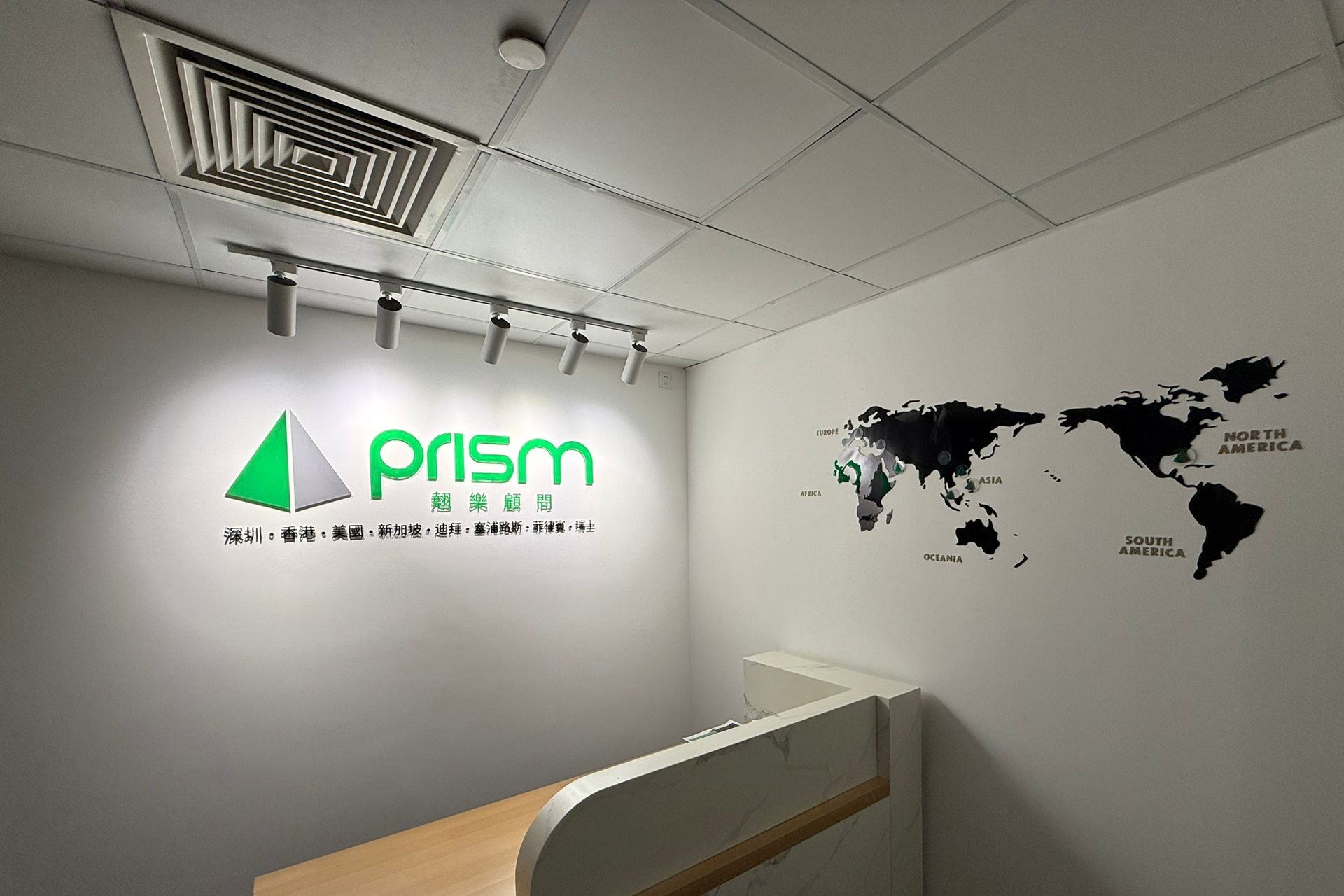In Singapore, compliance extends far beyond a mere legal obligation; it is a fundamental pillar of business reputation, operational continuity, and long-term sustainability. The regulatory environment is characterized by clear rules and stringent enforcement, designed to maintain the nation’s integrity as a global financial and business center. Consequently, any lapse in adherence can lead to significant repercussions.
Businesses that miss filing deadlines or fail to comply with statutory requirements face a range of penalties, including escalating fines, potential legal repercussions, and severe damage to their corporate reputation. For instance, late GST registration can result in backdated liabilities and hefty fines.
This environment necessitates a proactive approach to compliance. The regulatory framework strongly incentivizes foresight and timely action. Let’s have a look at the key regulatory authorities in Singapore.
Key regulatory authorities governing Singaporean businesses
Singapore’s robust regulatory ecosystem is primarily managed by four key government bodies, each with distinct but interconnected roles in ensuring business compliance and financial integrity.
Inland Revenue Authority of Singapore (IRAS): Taxation and E-filing
The Inland Revenue Authority of Singapore (IRAS) stands as the principal government agency responsible for the administration and collection of taxes. Its expansive mandate includes the enforcement of tax laws and ensuring compliance across a broad spectrum of tax types.
IRAS oversees Corporate Income Tax, Goods & Services Tax (GST), Individual Income Tax (including employment income through the Auto-Inclusion Scheme), Withholding Tax, Property Tax, and Stamp Duty. IRAS also issue certificates of residence (COR).
A defining characteristic of IRAS’s operations is its strong emphasis on digital services. The myTax Portal serves as the central online platform for businesses to manage a wide array of tax-related matters, including the electronic filing of Estimated Chargeable Income (ECI) statements, Corporate Income Tax Returns (Forms C-S/C), GST returns, and Withholding Tax forms.
IRAS implements a single-tier tax system in Singapore. Under the single-tier tax system, the amount of tax which is paid by a company on the chargeable portion of its income is regarded as the final amount of tax.
There is no need to withhold tax on dividend payments, even if there are withholding tax rates ascribed to dividends in some of our Avoidance of Double Taxation Agreements (DTAs). Singapore currently does not impose withholding tax on dividends.
This digital-first approach streamlines the filing process but also necessitates that businesses possess the requisite digital literacy and robust internal systems to interact effectively with the authority.
Accounting and Corporate Regulatory Authority (ACRA)
The Accounting and Corporate Regulatory Authority (ACRA) functions as Singapore’s national regulator for business entities, public accountants, and corporate service providers. Operating under the purview of the Ministry of Finance, ACRA’s mission is to cultivate a dynamic and trustworthy business environment that supports innovation and growth.
ACRA’s responsibilities encompass the entire lifecycle of business entities, from initial registration to ongoing compliance with financial reporting standards and corporate governance principles.
Key areas of its oversight include business registration, the mandatory filing of annual returns, the submission of financial statements in XBRL format, and the regulation of public accountants. The BizFile+ portal is ACRA’s centralized digital platform, facilitating all corporate filings and information updates.
Ministry of Manpower (MOM)
In Singapore, the Ministry of Manpower (MOM) oversees labor policies and regulates the workplace under the Employment Act, which is the main legislation governing employment terms.
The Act sets out rules on working hours, rest days, salary payments, leave entitlements, and termination conditions, ensuring fair and transparent practices between employers and employees.
MOM also administers the issuance of work passes such as Employment Passes, S Passes, and Work Permits, each tailored to different categories of foreign professionals and workers. Together, these regulations create a structured framework that balances business needs with employee protection, making Singapore a stable and attractive environment for both companies and talent.
Central Provident Fund (CPF) board: social security and payroll contributions
The Central Provident Fund (CPF) Board administers Singapore’s comprehensive and compulsory social security savings scheme. This scheme is designed to provide financial security for Singapore Citizens and Permanent Residents across various life stages, including retirement, healthcare, and housing needs.
The CPF Board is responsible for the collection of mandatory CPF contributions from both employers and employees, setting the prevailing contribution rates, and managing the various CPF schemes. It also offers a suite of digital tools and services, enabling members and employers to manage their CPF accounts and fulfill their contribution obligations conveniently online.
The pervasive and consistent reliance on digital platforms by IRAS, ACRA, and the CPF Board signifies a deliberate and strong government strategy to digitize all compliance processes. This is no longer merely an option for convenience but is increasingly the default and, in many cases, mandatory method for businesses to interact with Singapore’s regulatory bodies. For businesses, this digital imperative means that having robust digital literacy and compatible technological systems is a fundamental necessity.
Companies without the appropriate digital tools, secure platforms, or in-house expertise in digital filing will face significant challenges in meeting their compliance obligations efficiently and accurately. Thus, outsourcing can be a convenient solution.
Ensure compliance by outsourcing financial administration
Businesses that anticipate their obligations and manage their compliance cycles diligently are better positioned to avoid penalties and benefit from administrative concessions, such as instalment payment options for early Estimated Chargeable Income (ECI) filings.
Conversely, a reactive stance—only addressing compliance issues when penalties are levied or deadlines are imminent—invariably leads to higher costs, increased stress, and potential legal entanglements.
The dynamic nature of Singapore’s regulations, with continuous updates to tax rates, filing requirements, and digital platforms, further underscores the need for constant vigilance and adaptive strategies.

Do you need help in Singapore?
Feel free to contact us.



